Book Club hosted by Claire Musters
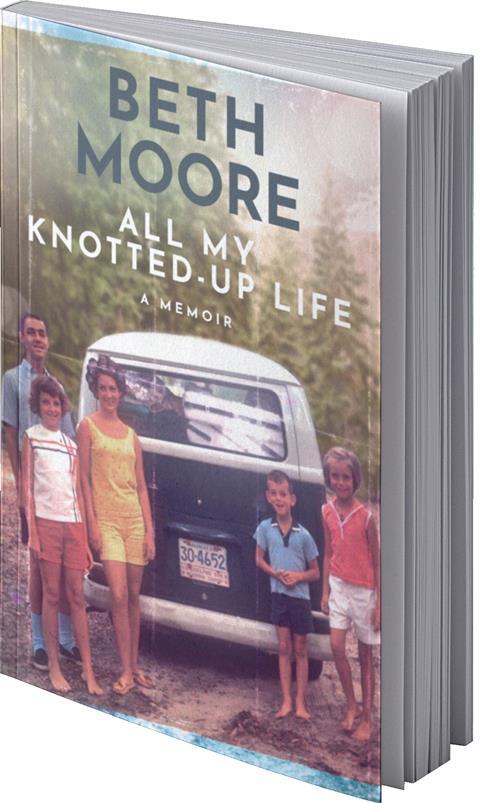
This month I’m reading…
All My Knotted-Up Life - Beth Moore (Tyndale, 978-1496472670)
Beth Moore is a formidable and prolific Bible study writer and teacher – but in more recent years has spoken out about what she feels is wrong with American evangelicalism. She has since left the denomination she was a part of all her life. Knowing all this I opened her latest book with great anticipation, but it was her transparency about her own life that struck me most.
The book begins with childhood memories, and conjured up American living for me vividly (I spent time in America as a child) but I was soon gripped by the difficulties her and her siblings had to deal with in their family.
Beth is very open about the childhood abuse she suffered, how she was affected as she went into adulthood and the difficulties her and her husband grappled with even as her ministry life took off. She takes time to explain what upset her so much about the way evangelicals continually backed Trump – and why she could longer stay within the Southern Baptist Convention after news of abuse within the denomination broke.
It is a fascinating read, but also helps the reader see a different side to Beth – one that is much more vulnerable. It was this aspect that I focused on with her when I spoke to her about writing the book – including why she covered things she hasn’t written or spoken about anywhere else before.
At the beginning of your book you say: “I’ve not been in a hurry to write a memoir. I think I’ve been waiting for everything to work out neatly and clearly…I suppose I’ve also been scared to see the pieces of my story tied together, scared to discover what made the whole event hardest of all was me.” Why have you been scared to see the impact of your own influence on your life?
This point in my life [Beth is 65] was the perfect time to look back. But it is also when you know that you’re risking looking back as you don’t have decades in front of you to change everything. You’re really looking at what will be the majority of your life. This is most of my story, and I’ve come to the conclusion I’ve struggled since childhood with a lot of self-doubt, a lot of insecurity, a lot of low self-esteem.
There’s that concern that you’ll see the whole thing together and think: “What a train wreck” and truly that is the way that I looked at it. I knew that God had been gracious to me and had allowed me to live such an adventure. But, at the same time, as I glanced back over my shoulder, what I consider to be my part of it looks like a mess. But when I can stare into the goodness of God and say: “You know what, surely goodness and mercy really did follow me all the days of my life” I realise: it did.
When writing a memoir there are plenty of other characters in your own story. So how did you go about getting permission from them?
Well, I have thought about this many, many times over the years, because I have been fairly transparent about my own journey and my own struggles. I stayed away from any kind of details, but it was pretty obvious that I had been raised in an unstable environment, and that I had also been abused as a child. So I’ve always thought as my books came out: “Mercy, my brothers and sisters did not ask for this.” But when I came to this book, I thought: “This is a whole different level.”
I knew I wanted to write the memoir. So it wasn’t so much that I was asking their permission, because I knew I wanted to tell a little more about the kind of abuse I had endured. I felt that it was important in these last years or decades of my life to be able to minister straight to those needs. But what I was asking them for was their blessing to tell it a certain way that would implicate that the whole house was upside down.
All of them wanted to know the nature of what I was going to share. And every single one of them said I should go ahead. I’m so thankful for that. Because it wasn’t without cost. But here’s what I said to them: “You know what, guys? We are in our 60s and 70s. Are we honestly scared at this point of our lives to say: ‘This is a little more of our story that you may not have imagined’?”
You also asked your husband Keith if you could share, for the first time, about his PTSD and bipolar diagnoses. Why did you want to do that now?
When he and I came to the decision to share this part of our lives with people, it was because there are so many people dealing with this inside their homes who feel like they can’t tell anyone how difficult it is. We just wanted to go: “You know, what? We’ve been there. We know what this is like.”
You expected to have more of the greys in your life dissolved to black and white. So how do you feel about the greys that are still there?
You know, I’m hoping that it’s part of what might resonate with a reader. I think the truth of it is, at the end of the day, more people can relate to it looking very hard to separate and distinguish all the good from the bad and all the hard from the easy. Life really is for most of us grey. I’m hoping that it helps the reader make a little bit of peace with the fact that we will not get it all sorted out.
You say you actually wanted neatness from God, and he gave you this tangled up knot of a life. But you also indicate that writing the book is your attempt at trying to untie some of these knots. So how did that process feel for you? And how successful do you think that was?
Let me get to what I felt was successful about it for me in the journey of writing: when I looked at the whole thing together, I felt at peace that it was my story. I didn’t feel the upheaval; I saw the mess. I saw the pain of it. But I somehow felt like it all went together in a strange way. It wasn’t just random. I came out of it with a reverence for the kindness of God and the fact that, because we are his image bearers, he would not have any of us despise our own journeys.
Claire’s interview with Beth will be featured on Premier Christian Radio. You can listen to it live at 8pm on Saturday 11 March or download ‘The Profile’ podcast
Beth Moore on: The books that have changed my life
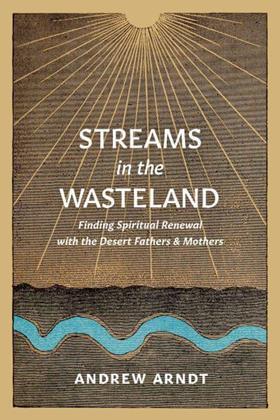
Streams in the Wasteland by Andrew Arndt
Arndt goes by a premise I believed was true before I ever opened the book and knew his take: sometimes we have to go backward to go forward. He introduces the reader to fathers and mothers of the early New Testament Church in such a compelling way. He is a great writer.
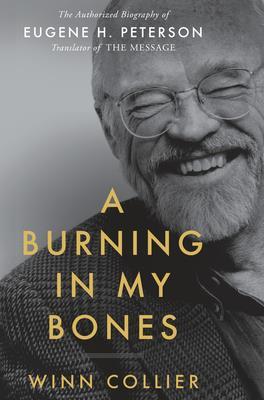
A Burning in my Bones by Winn Collier
I am a sucker for biographies, especially those written about people who faithfully – though not without flaw – made it through the long haul of ministry with their faith intact. I’m particularly drawn if they stuck with Jesus after being
greatly disappointed in themselves and other leaders like them. If it never got iffy or gritty for them, I can’t relate.
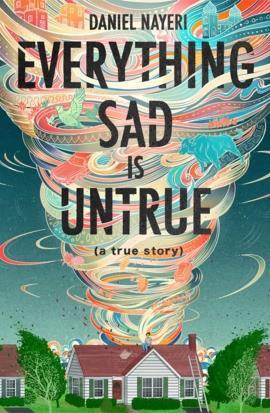
Everything Sad is Untrue by Daniel Nayeri
I haven’t often read a book more perfectly written. It is one of the few books I had to have in both audio and print. Nayeri weaves a story from the voice and point of view of a child that so captivated me, I’ve been jealous of every person since who’s reading it for the first time.
Publisher Recommendation
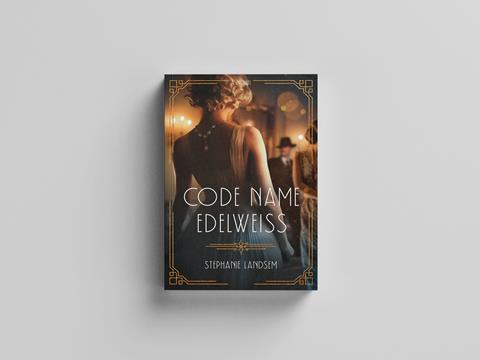
We’re always impressed with the timeliness of Stephanie Landsem’s themes in her novels. Her first novel with us (In a Far-Off Land) looked at the roots of the #MeToo movement and the cultural influence of media. Code Name Edelweiss unpacks the true story of well-funded efforts to use the influence of the entertainment industry in a charged and changing political environment. This one provides food for thought for today’s readers.
The storyline of Code Name Edelweiss is based on a true story: in 1934, Leon Lewis, a lawyer and former executive director of the Anti-Defamation League, invited Hollywood’s most powerful studio heads, producers and directors – men like Louis B. Mayer, Irving Thalberg and Jack Warner – to a secret meeting. For nearly a year, Lewis had used a network of spies to keep tabs on Nazis and American-born fascists in Los Angeles. Lewis believed Adolf Hitler had set his sights on Hollywood – the greatest propaganda machine in the world. But Los Angeles’ authorities were not about to help Lewis fight what they considered to be an imaginary threat.
Code Name Edelweiss gives readers a glimpse into 1930s Hollywood with a riveting fictional account of Leon Lewis’ spy ring. Fans of unique World War Two stories won’t be disappointed.
Code Name Edelweiss by Stephanie Landsem, is available from March.













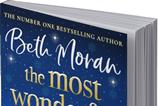
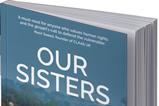


















No comments yet